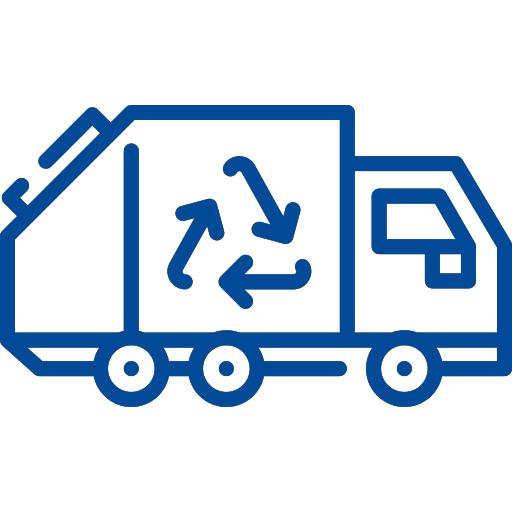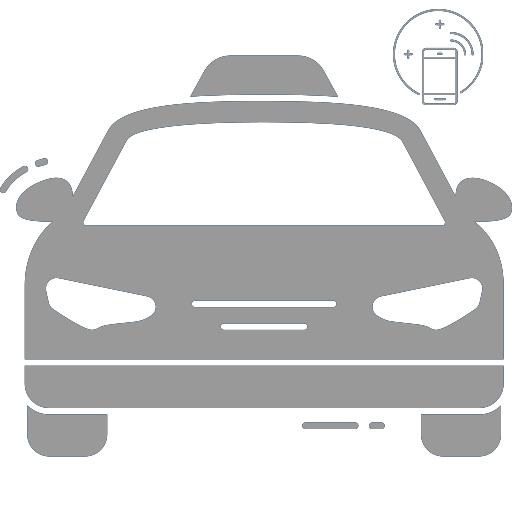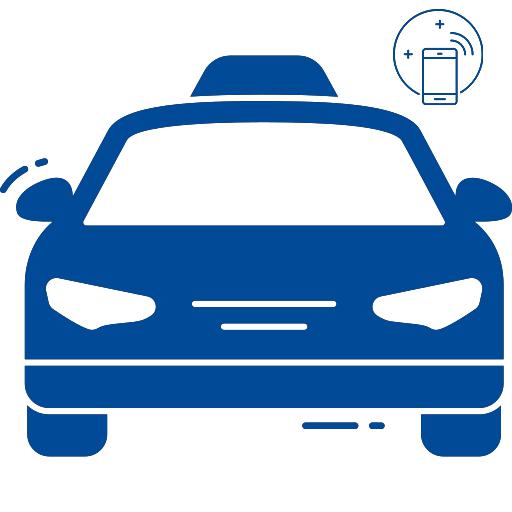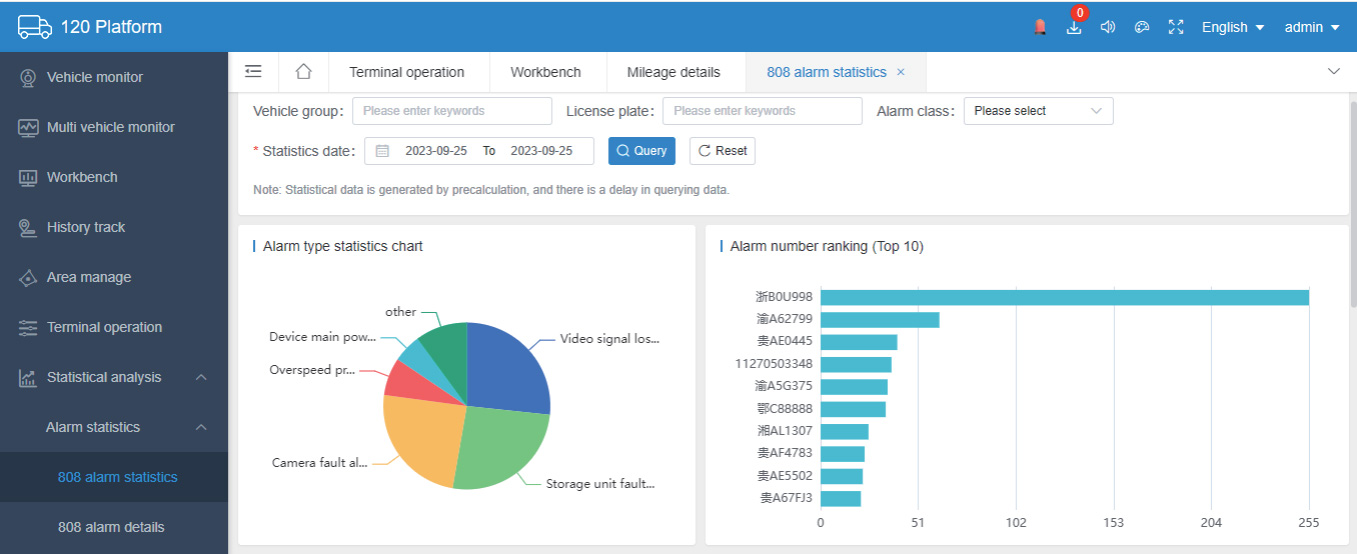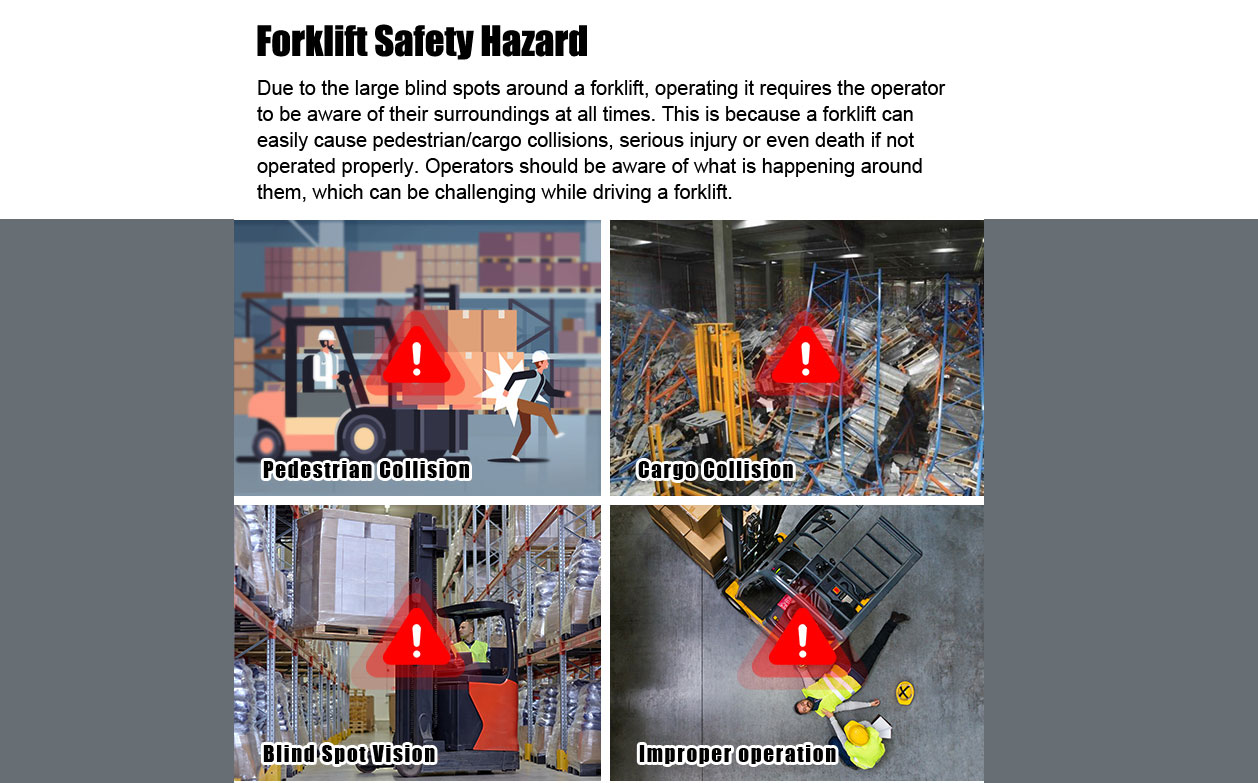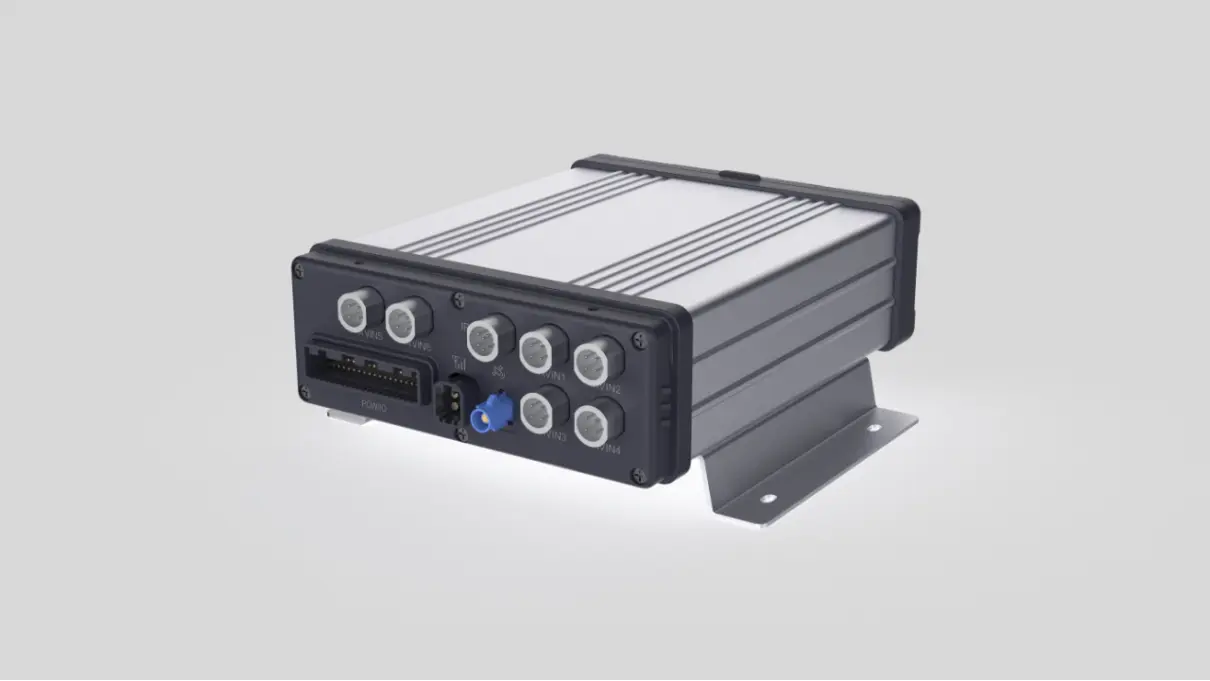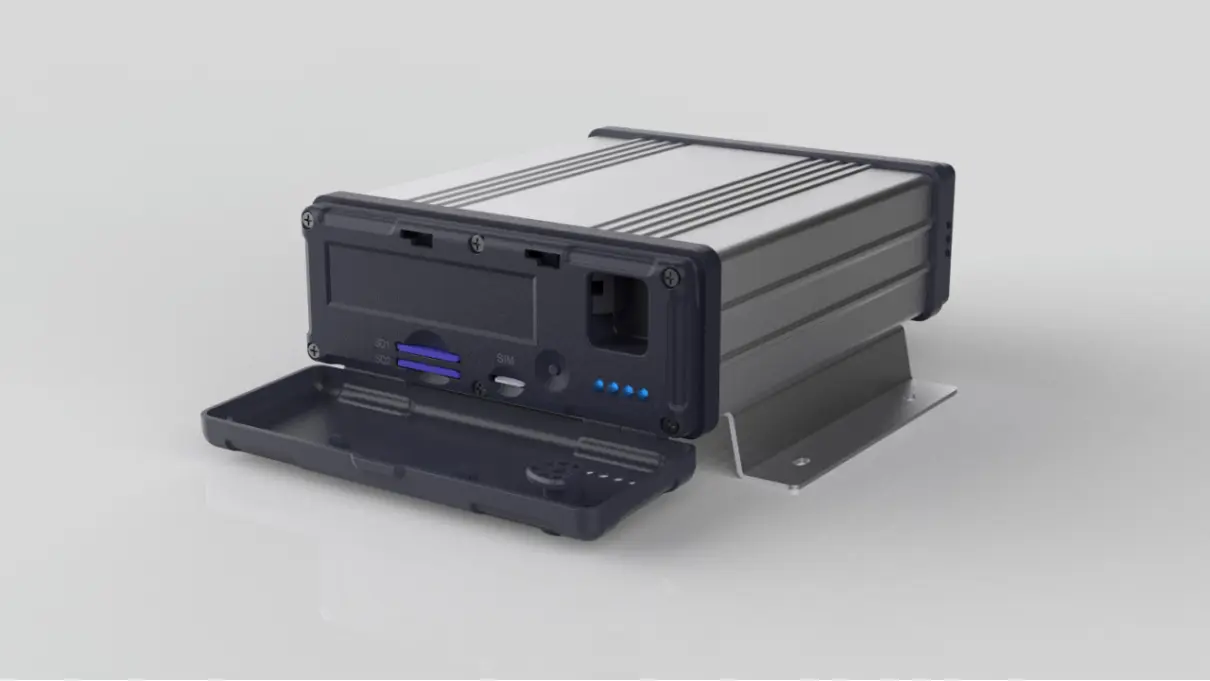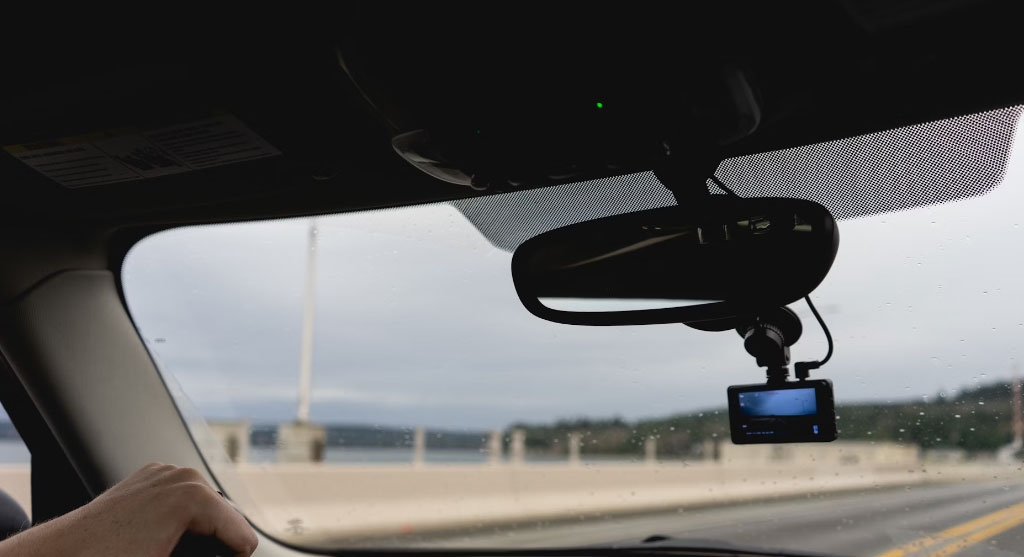What is a hard drive mobile nvr?
What is a hard drive mobile nvr?
A hard drive mobile Network Video Recorder (NVR) is a device that is specifically designed for mobile applications, such as in vehicles or other moving environments. It serves as a storage and management system for video surveillance footage captured by mobile cameras.
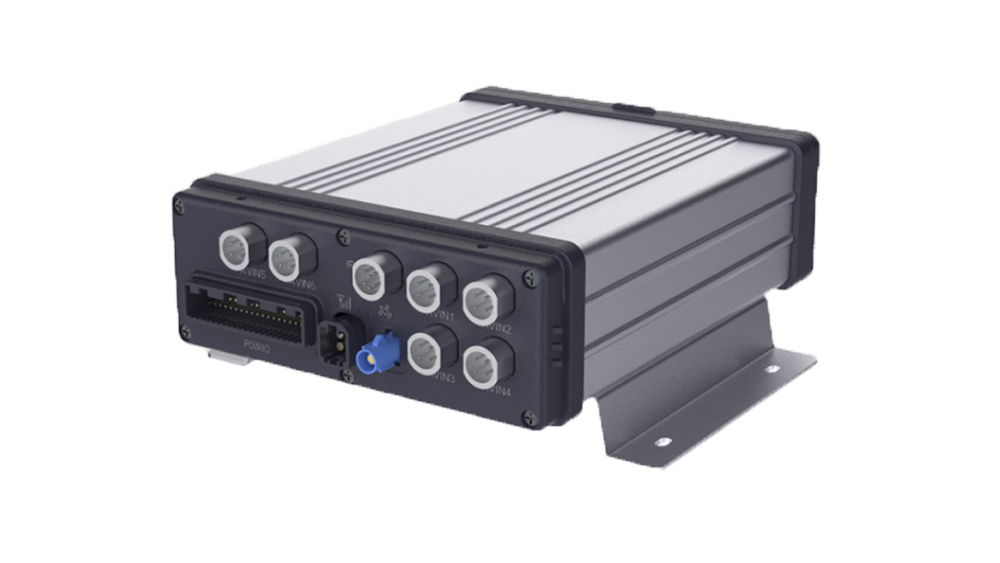
The NVR utilizes a built-in hard drive to store the recorded video data, allowing for easy access and retrieval of footage when needed. It typically includes features like video compression, motion detection, and remote viewing capabilities.
Hard drive mobile NVRs are commonly used in industries such as transportation, law enforcement, fleet management, and logistics, where continuous video monitoring and recording are essential. They provide a reliable and secure solution for capturing and storing video evidence for security, safety, and operational purposes while on the move.
What vehicles is mobile nvr suitable for?
It’s designed for various vehicles management, and widely used in buses, coaches, car, construction machinery, taxis, lorries, fire trucks, ambulances, passenger vehicles, etc.
How does a mobile NVR work
A mobile Network Video Recorder (NVR) works by connecting to cameras or video sources installed in vehicles or other mobile settings. The NVR captures the video streams from these cameras and stores them on a built-in hard drive or external storage device. The NVR processes and manages the video data, allowing for live monitoring and playback of recorded footage.
Mobile NVRs typically have various input interfaces, such as Ethernet ports or Wi-Fi, to connect to the cameras. They use video compression techniques, such as H.264 or H.265, to optimize storage space and network bandwidth. Some NVRs also support features like motion detection and event-triggered recording.
The NVR offers remote access capabilities, enabling users to view live video feeds and playback recorded footage remotely using software or mobile applications. This allows for real-time monitoring and access to video evidence, enhancing security and surveillance in mobile environments.
What are the benefits of a mobile NVR?
Mobile NVRs offer several benefits in mobile surveillance applications:
a) Flexibility: Mobile NVRs are designed to work in vehicles or other mobile settings, providing flexibility and adaptability for capturing video evidence on-the-go.
b) Video Storage: Mobile NVRs typically have a large storage capacity, allowing for extended recording periods. They can use hard drives with high capacity, ensuring ample space to store video footage.
c) Video Management: Mobile NVRs provide robust video management capabilities, including video search, playback, and export functionalities. This makes it easier to review and extract relevant video clips for investigations or evidence purposes.
d) Remote Access: With remote access features, authorized individuals can monitor real-time video feeds and review recorded footage remotely, providing enhanced situational awareness and convenience.
e) Data Security: Mobile NVRs often incorporate encryption and authentication mechanisms to ensure the security and integrity of video recordings. This protects against unauthorized access or tampering of video evidence.
What hard drive does the NVR use?
The specific hard drive used in a mobile NVR may vary depending on the manufacturer and model. However, NVRs generally support standard 2.5-inch or 3.5-inch SATA hard drives.
When selecting a hard drive for a mobile NVR, factors such as storage capacity, reliability, and durability are important considerations. Ideally, NVRs should support hard drives designed for continuous recording and have high data transfer rates to handle multiple video streams simultaneously.
Common types of hard drives used in mobile NVRs include traditional Hard Disk Drives (HDD) and Solid-State Drives (SSD). HDDs offer larger storage capacities at a lower cost, while SSDs provide faster access times and higher resistance to shocks and vibrations, making them suitable for mobile applications where ruggedness is essential.


















